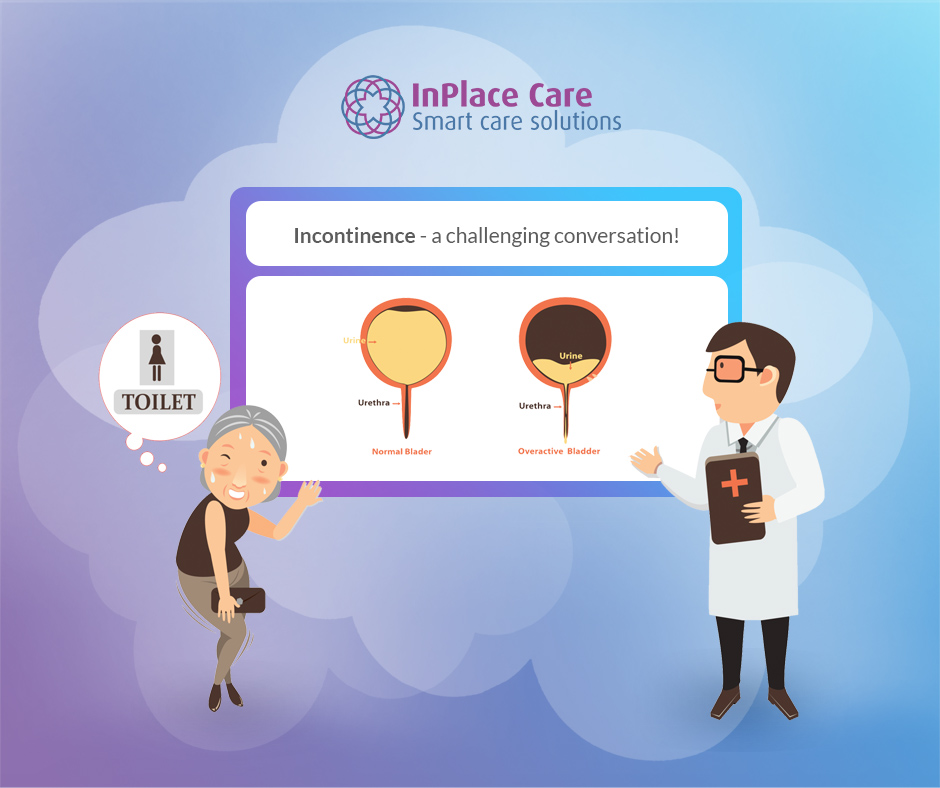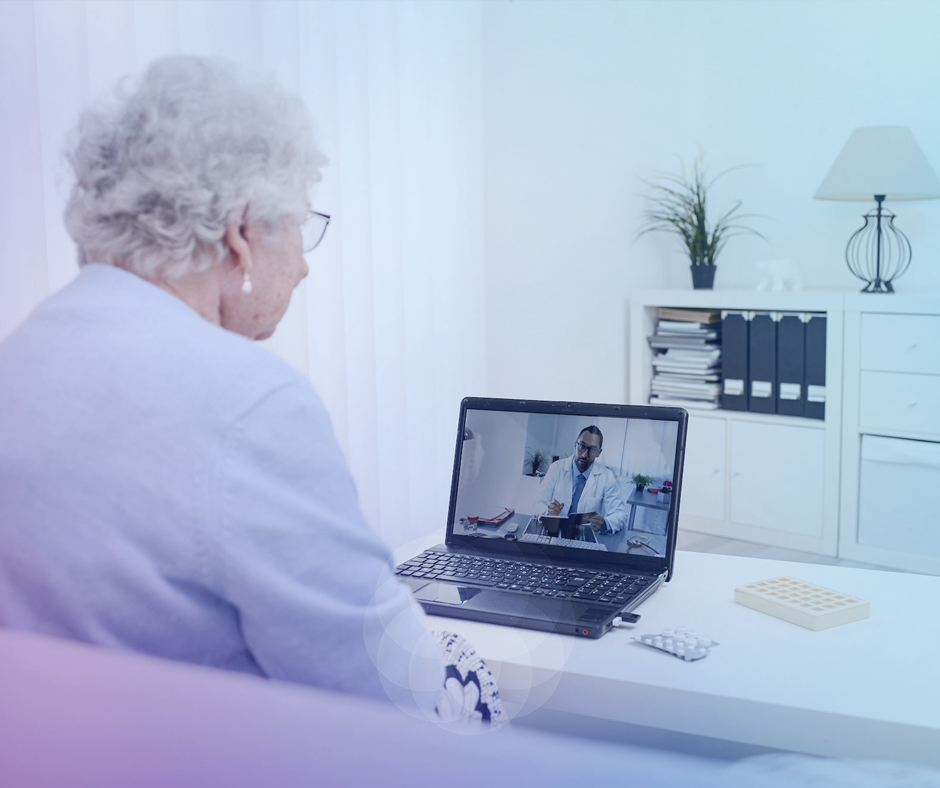
Living Well with Mobility Limitations
Mobility Limitations can be a risk factor for several conditions and lead to increased isolation and loneliness. A carer helps to make your home more accessible.
“Continence is the ability to control your bladder and bowel. Incontinence is the involuntary loss of bladder and bowel control”.

Risk factors commonly associated with urinary incontinence include:
As with many medical conditions, a healthy lifestyle can prevent or reduce the likeliness of incontinence:
If you or a loved one are experiencing issues with incontinence it is important to seek advice/assistance from an appropriate health professional.
Strategies, advice, products, support are all available for people experiencing incontinence issues and those supporting/caring for them. Even though you may feel it, you are not alone!
To learn more about “InPlace Care” and the services we offer for people with incontinence, check out our Home Care Services.
SHARE
keep updated and safe with InPlace Care news

Mobility Limitations can be a risk factor for several conditions and lead to increased isolation and loneliness. A carer helps to make your home more accessible.

Many of us have had our first experiences of telehealth in the past year, as appointments that do not require a physical examination are often being conducted online during covid lockdowns.

Osteoporosis (porous bones in Latin) is a condition causing a loss of bone density which makes the bones brittle and susceptible to breaking. Osteoporosis is more common in older age.

Wandering or becoming lost is a common occurrence for people living with dementia and it can be a major cause of worry for their family and friends.
Use modern technology to service your loved ones safely to maintain their independence in their own homes at a Cost-Effective Price.
Newsletter
Join our mailing list for the latest news about our events, promos and exciting offers!
No spam, ever. Your email address will only ever be used for InPlace Care.

We know that the COVID-19 virus presents significant challenges and concerns for our clients and their families. InPlace Care have instigated many new operational actions to protect clients in the community.
OUR RESPONSE
WHAT WE HAVE DONE
WHAT WE ARE DOING
The Inplace Care worker visiting your home is taking the necessary measures to ensure you say safe.
This includes following advice from Australia’s Chief Medical Officer about when to use equipment such as masks, gloves, aprons or gowns, and protective eyewear.
Most importantly, look after yourself and keep safe.
The program will run for 4 weeks in February 2021.
The promotional FOC Care is only redeemable for new Clients that register and receive Care in February 2021.